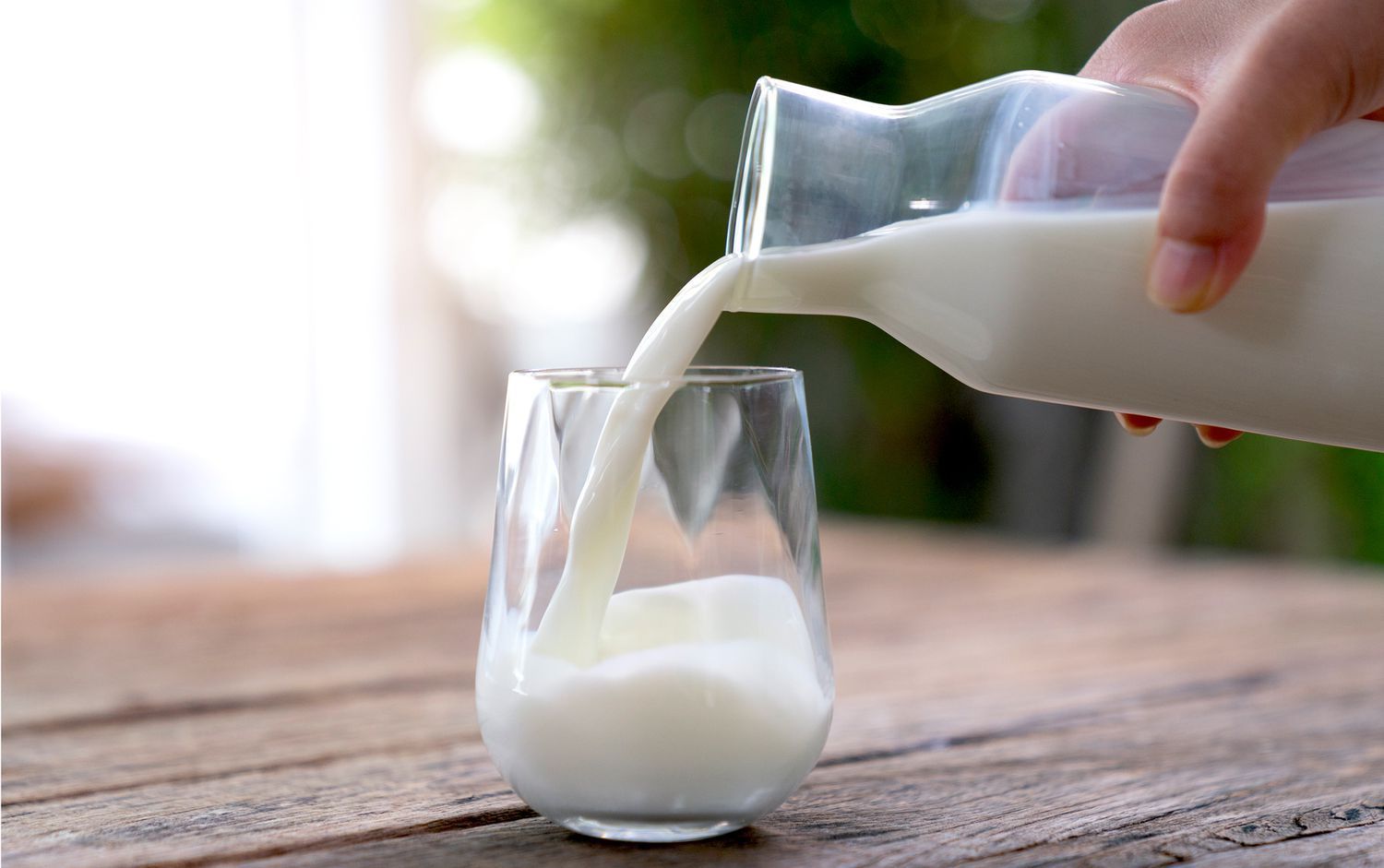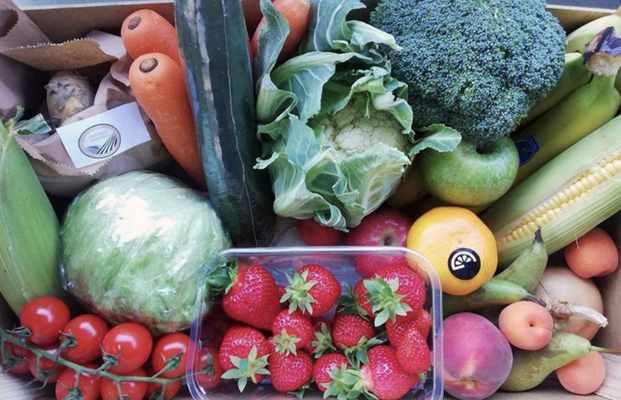IT has long been debated that the Western diet per se or its specific dietary components contributes to the prevalence and severity of acne. In particular, dairy has been incriminated – but why? Is this true and is there substance to it?
Well, let’s talk about the makeup of milk. Milk has protein chemicals known as amino acids which promote a hormone called insulin growth factor (IGF-1) being released into the body. IGF-1 has been suggested as the pivotal driver of susceptibility of acne. But why?
This is to do with our sebaceous glands that produce oil on our skin to keep it moist and hydrated. When people’s skin produces too much oil this can provide an environment for acne to prosper through a build up of bacteria on skin. It seems IGF-1 hormone makes the body produce too much oil that can give rise to acne. There is some evidence that consuming milk and dairy products may trigger acne in some people, but this hasn’t been studied in as much detail yet and the studies out there have lots of flaws. It is an interesting theory but not as conclusive as people make it out to be. So don’t be jumping the gun jand speak to your GP or dermatologist about milk and your skin.
Milk is a very versatile foodstuff when it comes to nutrition and is a good source of carbohydrate, protein, potassium, magnesium, calcium, iodine, vitamins B2, B3, B5, B9 and B12. You should be aiming for three portions of dairy per day where we live, and that includes milk, cheese and yoghurt. Acne can also be caused by medication given for other health conditions or by certain contraceptive injections or pills. Some tablets taken by bodybuilders contain IGF-1 that can trigger acne too.
High glycaemic index (GI) diets (sugar and sugary foods, white bread, white rice etc) have been shown to cause or aggravate acne too in some people. This is why as a registered public health nutritionist I always recommend wholemeal, wholegrain or wholewheat starches. Acne can be hereditary and can be brought on by polycystic ovarian syndrome too in females. So it’s probably likely that acne is a combination of genetic, hormonal and lifestyle factors (diet, stress, skincare products).
•Lee McCusker (BA; MSc; MSc; MSc; ANutr; SENr) is a registered nutritionist from Belfast and can be found on Facebook, Instagram and Twitter. Email: attentivenutrition @gmail.com






